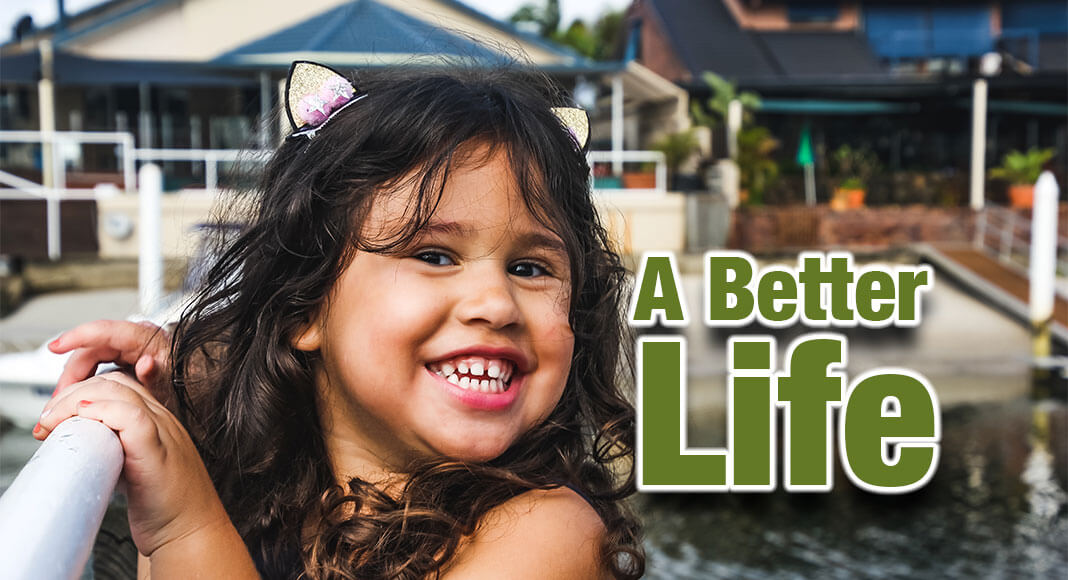
Mega Doctor News
By Ann and Robert H. Lurie Children’s Hospital of Chicago
Newswise — Restoring hearing through cochlear implantation for children with autism spectrum disorder (ASD) can help them understand spoken language and enhance social interactions, according to a study from Ann & Robert H. Lurie Children’s Hospital of Chicago. The study reported long-term outcomes of the largest number of children with ASD who received a cochlear implant, with mean follow-up of 10.5 years. Findings were published in the journal Otology & Neurotology.
“Our results add to the growing body of evidence that cochlear implantation clearly benefits deaf children with autism spectrum disorder,” said senior author Nancy Young, MD, Medical Director of Audiology and Cochlear Implant Programs at Lurie Children’s and a Professor of Pediatric Otolaryngology at Northwestern University Feinberg School of Medicine. “Improved hearing provides access to spoken language that may enhance their cognitive and communication potential, as well as help these children engage more with their families.”
The majority (73 percent) of children in the study consistently used their cochlear implant throughout the day, of whom 45 percent developed some understanding of spoken words with hearing alone (no visual cues). Forty five percent also used spoken language to some degree as part of their overall communication. Eighty six percent were reported by parents to have improved social engagement after implantation. Responding to a survey, one parent reported: “Without his implant, he was stuck in his own little world, no sound, no eye contact with others. The implant brought his personality out to us.”
According to recent estimates, one in 88 children in the US have ASD, a complex developmental disorder characterized by impaired communication and social interaction. Twenty-five to 30 percent of normal hearing children with ASD do not develop spoken language as a means of communication. Therefore, children with ASD in combination with profound hearing loss have two conditions that may limit development of spoken language. Not surprisingly, the children in this study usually developed understanding and use of spoken language more slowly than implanted children without ASD.
Children with ASD have been reported to have a higher prevalence of sensorineural hearing loss (SNHL) than children without ASD. Conversely, children with SNHL have been reported to have a higher rate of ASD than those with normal hearing. Dr. Young noted that “the relationship between these two diagnoses for some of these children may be due to congenital cytomegalovirus (CMV), an infection that begins in the developing fetus that often is unrecognized after birth. It may cause hearing loss and is associated with increased incidence of ASD.”
Most children in the study were diagnosed with ASD after cochlear implantation. Diagnosis after implantation is likely related to the young age at which most received their implant, and to increased difficulty diagnosing ASD when significant hearing loss is present.
“Understanding the range of outcomes in this population is important for counseling parents and educators to ensure that these children receive appropriate support and services,” said Beth Tournis, AuD, an audiologist at Lurie Children’s and co-author of the study.
Lurie Children’s Cochlear Implant Program is one of the largest and most experienced in the world.










